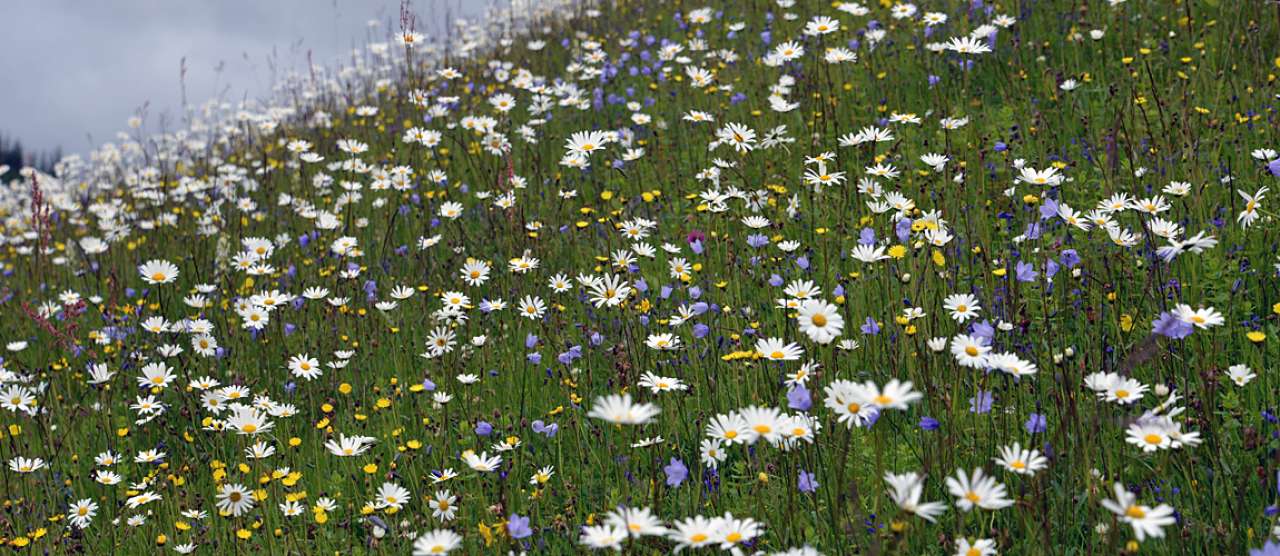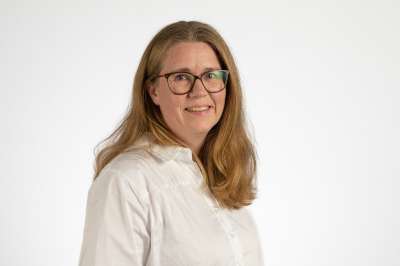Nature 's report card

Foto: Per Vesterbukt
What is the state of nature in Norway? The Norwegian Nature Index gives the answers.
The Norwegian Nature Index describes the development of biodiversity in the major ecosystems sea, coast, freshwater, open lowlands, forests, wetlands and mountains. The index also provides knowledge of how humans affect nature, for example through farming, forestry or road building. This makes it possible for authorities to implement targeted interventions based on knowledge of the problem areas.
Each ecosystem gets a "grade" in the form of a value from 0 to 1. A value of 1 is given when nature is more or less untouched by human influence. The closer the value is to zero, the more the ecosystem has been damaged. Index values in 2014 were highest in freshwater (0.75) and the marine ecosystems (0.62-0.72), and lowest for forest (0.37) and open lowlands (0.47).
To arrive at these values researchers have used over 300 indicators, based on things in nature that can be counted, measured or calculated, and that are important in their ecosystems. They could for example be animals or trees.
Research Scientist Line Johansen at NIBIO has participated in the expert group for the ecosystem open lowlands, which received the lowest value in 2014. Johansen points out that this is the result of changed land use.
- Since 1950, there has been a change in agriculture from extensive operating methods to more intensive and effective methods of food production. This has affected the biodiversity negatively. On the other hand, many farms have been discontinued and large areas of open lowlands have been laid fallow and are undergoing afforestation, explains Johansen.
Another purpose of the Nature Index is to uncover where there is a need for more knowledge to assess the development of biological diversity.
- There is a lack of knowledge about the proportion of these areas that are undergoing afforestation, that have been fertilised or otherwise changed, and about the speed of these changes, says Johansen.
Contacts

Line Johansen
Research Scientist
-
Division of Food Production and Society
(+47) 908 47 904 line.johansen@nibio.no Office Location: Trondheim
Contacts

Line Johansen
Research Scientist
-
Division of Food Production and Society
(+47) 908 47 904 line.johansen@nibio.no Office Location: Trondheim
